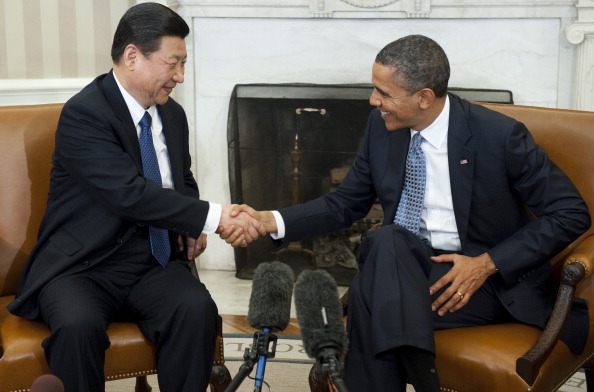
US President Barack Obama and Chinese Vice President Xi Jinping last met in February. When they meet again this week, they should not shy away from the topic of human rights (Photo Credit: Saul Loeb/AFP/Getty Images).
As President Barack Obama and President Xi Jinping of China begin discussions designed to forge closer personal bonds between the two nations, they should not shy away from uncomfortable topics.
President Xi says he wants a “new type” of great power relationship with the United States. President Obama says he welcomes China’s peaceful rise, provided that it occurs in a way that reinforces international norms and enhances security.These statements suggest that neither leader is comfortable with the relationship as it stands, and both are seeking greater clarity and trust.
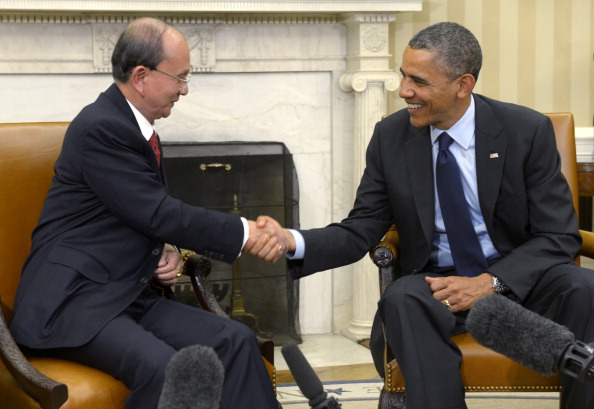
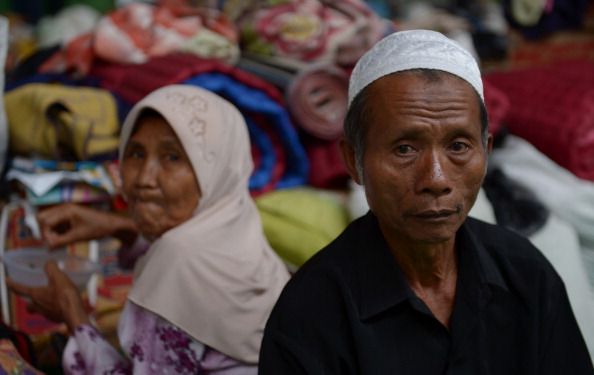
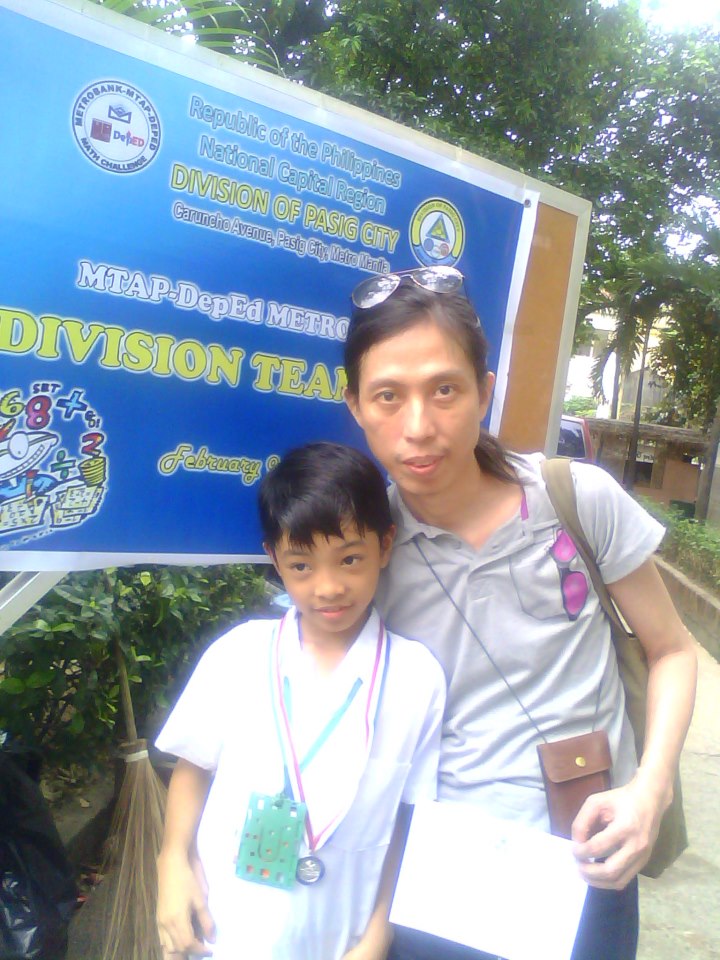
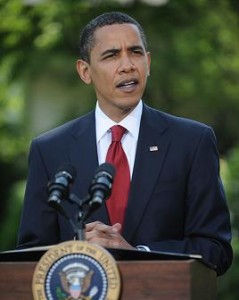

 Human Rights Watch has
Human Rights Watch has